After a first day of football and films, British Prime Minister Keir Starmer got down to some serious business on Day 2 of his India visit — a first for the UK leader — meeting with Prime Minister Narendra Modi at Raj Bhavan in the country’s financial capital, Mumbai.
Starmer arrived in Mumbai on October 8 and will return home tonight (October 9) after a string of engagements, including addressing the Global Fintech Fest 2025. Starmer has been given a rousing welcome in India, with thousands of photos of him and Modi lining parts of Mumbai that the two leaders will travel through today.
Following his discussions with PM Modi, both the leaders also held a press briefing in which Starmer said that India and the UK are building a “new, modern partnership” focused on the future and the opportunities it brings.
The British PM also noted that “India and the UK are natural partners, sharing a common belief in values such as democracy, freedom, and the rule of law at the foundation of their relationship”.
Here are the big takeaways from the Modi-Starmer press briefing.
Starmer and Modi on trade and investment
In the press briefing after Modi and Starmer held talks, the British PM reaffirmed his commitment to strengthening bilateral economic relations and expanding trade between the two nations. He noted that his trip marks the UK’s largest trade delegation in a decade, focused on driving investments, creating jobs, and fostering innovation.
In fact, Starmer has been accompanied by a delegation of about 100 entrepreneurs, cultural representatives, and university vice-chancellors, with the hope of taking advantage of the opportunities brought about by the India-UK Comprehensive Economic and Trade Agreement signed in July.
Starmer said his visit was about “doubling down on the trade deal,” adding that he was hopeful of securing “investments and creating jobs in both nations.”
He further added “We are building something here — a new modern partnership focused on the future and availing the opportunities, and we are doing it together.”
Speaking on the same, PM Modi also said: “With this agreement — referring to the Comprehensive Economic and Trade Agreement — the import cost between the two countries will come down, new employment opportunities will be generated for the youth, trade will increase and this will benefit our industries and consumers. Your visit to India within just a few months of signing the Agreement, with the biggest business delegation ever accompanying you, is a symbol of the new vigour in India-UK partnership.”
Starmer also said that cutting tariffs and increasing access to each other’s markets will drive growth and create jobs for people and enhance life in both nations.
The British PM also praised India, noting that her “growth story is remarkable”. He added that he is convinced to see that India under the leadership of Prime Minister Narendra Modi is on “track” to achieve the vision of a Visit Bharat by 2047.
“I want to congratulate the PM on his leadership, aiming to be the world’s third largest economy by 2028. Your vision of Viksit Bharat is to make it a completely developed country by 2047. Everything I have seen since I have been here is absolute proof to me that you are on track to succeed in that. We want to be partners on that journey,” said Starmer.
India and UK to deepen defence cooperation
In today’s press briefing, Prime Minister Narendra Modi announced that India and the United Kingdom “are moving towards defence co-production.”
PM Modi said, “Defence cooperation between India and the UK has strengthened, advancing toward co-production and linking the defence industries of both countries.
“Taking this collaboration further, an agreement on military training has been signed, under which Indian Air Force flying instructors will serve as trainers with the UK’s Royal Air Force.”
PM Modi noted that the collaboration would boost interoperability and enhance strategic ties between the two nations.
He also added, “We are fully committed to enhancing maritime security cooperation with UK in Indo-Pacific region.”
British PM Starmer addressing the media noted that his country was batting for India’s place in the United Nations Security Council. “We sit together in commonwealth, G20 and we want to see India taking its rightful place in the UN Security Council (UNSC).”
India has long been seeking a permanent seat on the UNSC, and advocating for its reform. In fact, it has been a priority for New Delhi and when asked about it in Parliament last year, the External Affairs Minister S Jaishankar noted that it accords highest priority to getting permanent membership for India in an expanded United Nations Security Council.
UK campuses in India
Perhaps, the biggest announcement that came out of Modi-Starmer’s press briefing was when Narendra Modi announced that nine of UK’s finest universities would be opening campuses in India.
“It is a matter of great joy that now nine universities from the UK are going to open campuses in India. The Gurugram campus of Southampton University was recently inaugurated, and the first group of students has also taken admission,” said PM Modi.
This initiative marks a significant step in India-UK educational collaboration and aligns with India’s National Education Policy 2020. It aims to provide Indian students access to world-class education without leaving the country, while promoting collaborative research and academia-industry partnerships to boost innovation and skill development.
In addition to the University of Southhampton, these other prestigious UK institutions have already agreed to open facilities in India. They are: University of Liverpool with a Bengaluru campus, University of York in Mumbai, University of Aberdeen in Mumbai and University of Bristol in Mumbai, according to a India Today report.
There’s also been an in-principle approval for the opening of University of Surrey in GIFT City in Gujarat. Additionally, the Letter of Intent has been given for opening of the campus of Lancaster University in Bengaluru.
UK dreams Bollywood
But it’s not just investment and education that were the big highlights from the Modi-Starmer meeting. Bollywood is set to pack its bags and head to Britain, as per Keir Starmer.
In fact, after his visit to the Yash Raj Studios in Mumbai, he announced that the famous Bollywood studio house would start work on three major productions in the UK from early 2026, a move that is expected to create over “3,000 jobs and boost the British economy by millions of pounds”.
“Bollywood is back in Britain, and it’s bringing jobs, investment, and opportunity, all while showcasing the UK as a world-class destination for global filmmaking,” said Starmer.
Interestingly, the UK isn’t a new location for YRF films. However, the studio hasn’t shot a single movie in the country in the last eight years.
A cooperation agreement has also been signed between the British Film Institute and the National Film Development Commission of India that will enable co-production and resource sharing between filmmakers from both countries.
India-UK people to people ties
Both leaders also emphasised the importance of strengthening people-to-people ties, with PM Modi saying, “The 1.8 million Indians residing in the United Kingdom are a living bridge of our partnership. Through their valuable contributions to British society and the economy, they have strengthened the bonds of friendship, cooperation, and progress between our two nations.”
On the other hand, British PM Keir Starmer in his remarks wished the people for Diwali — earlier, he even lit diyas ahead of the festival. He also condoled with those who lost their lives in the Air India crash, which took place in June, killing 247 people on board.
With inputs from agencies


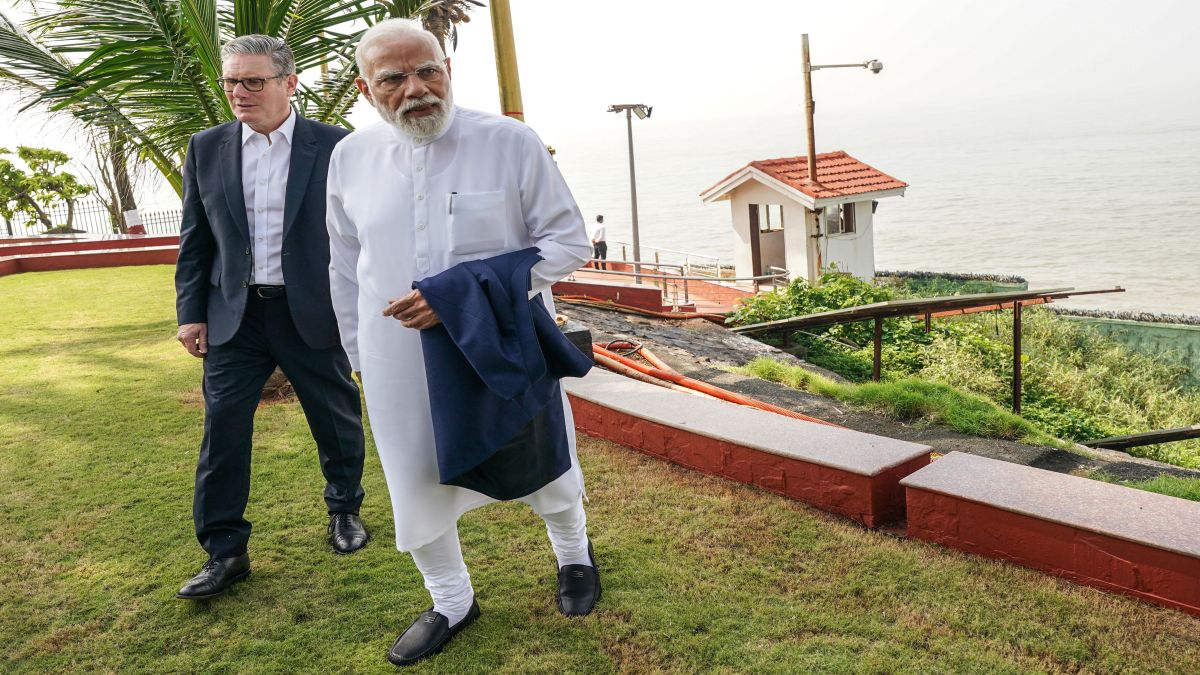)
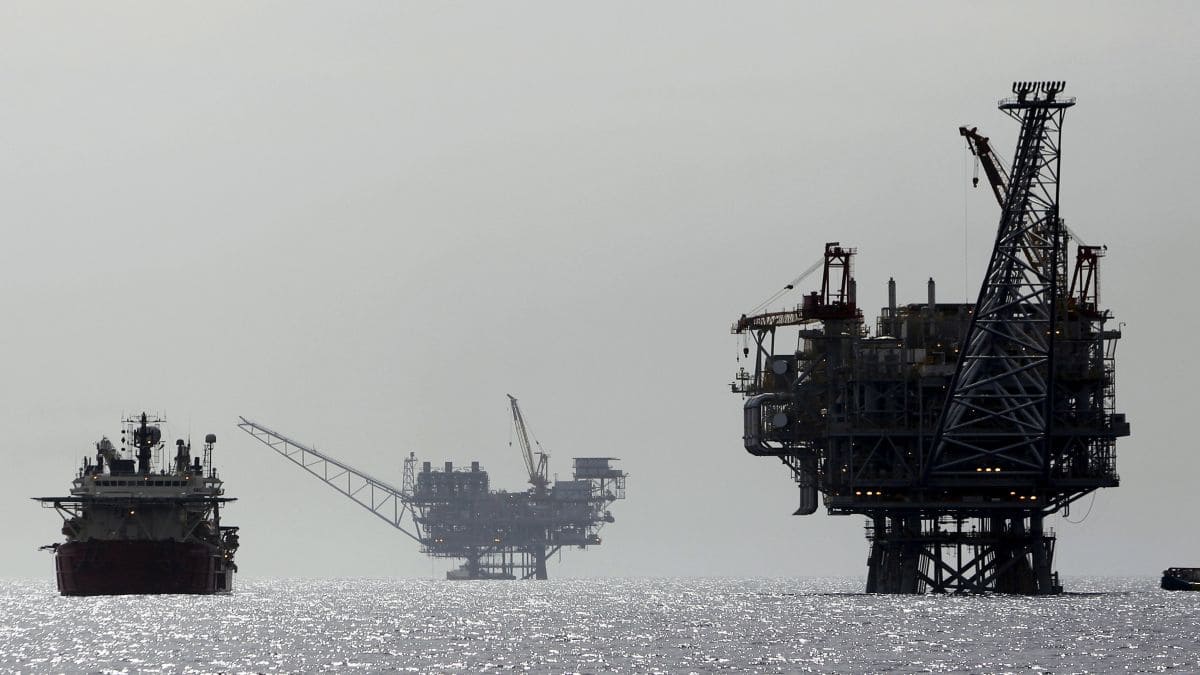
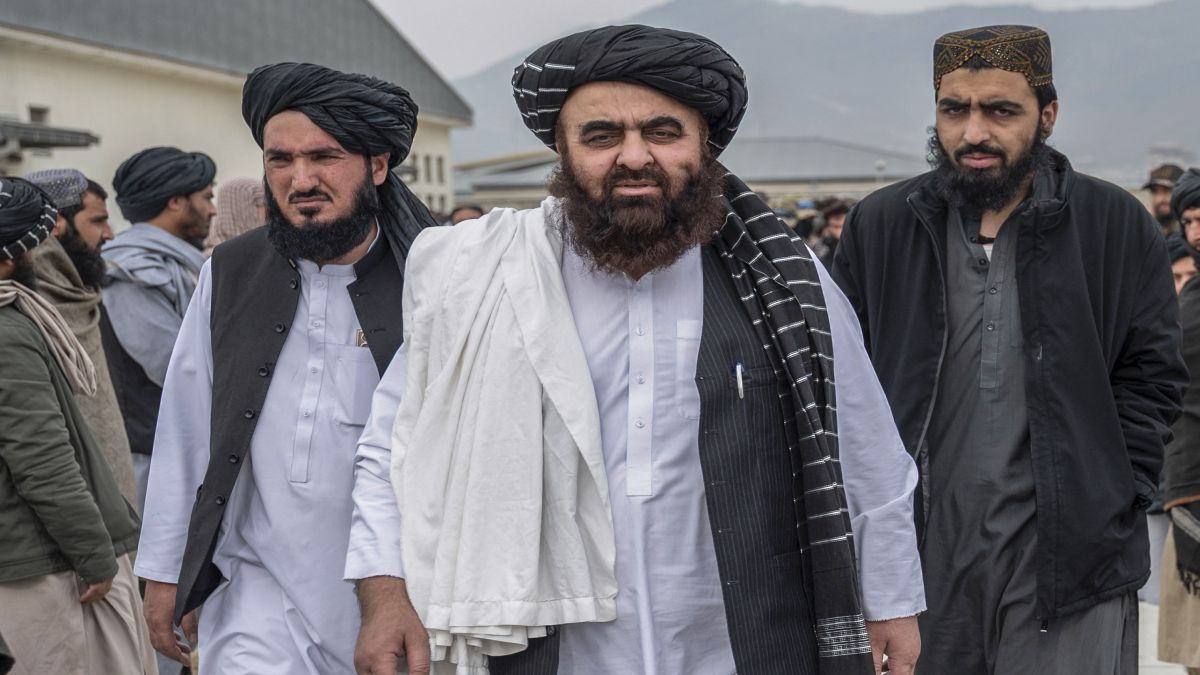)
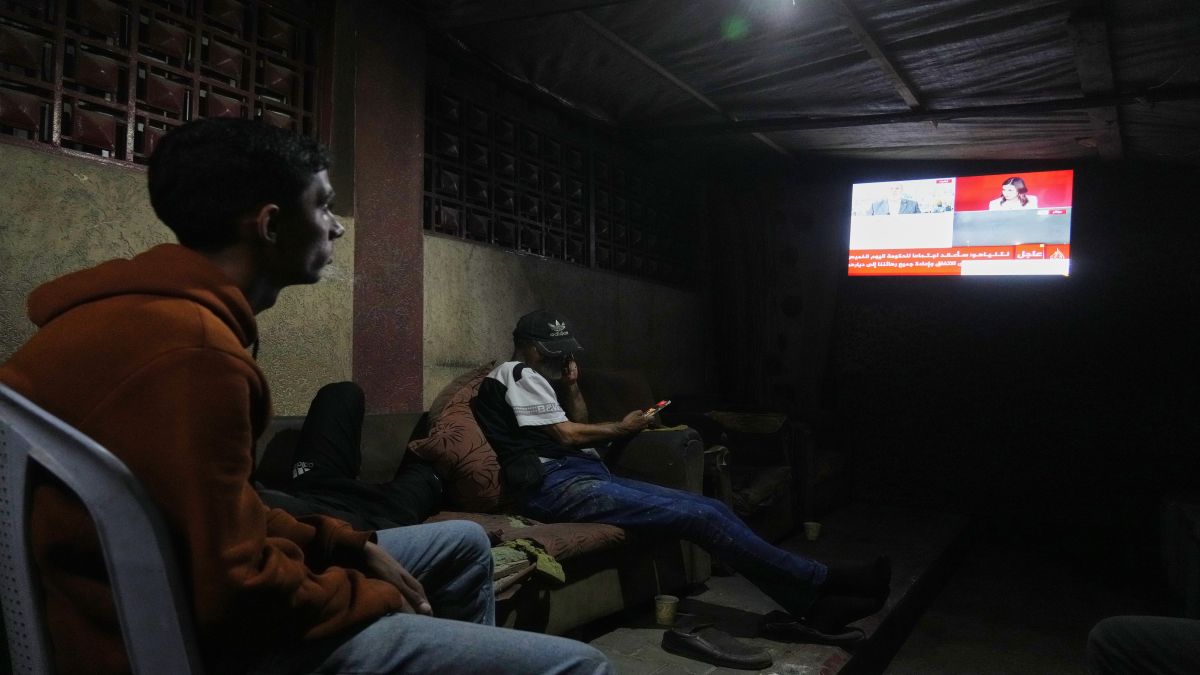)
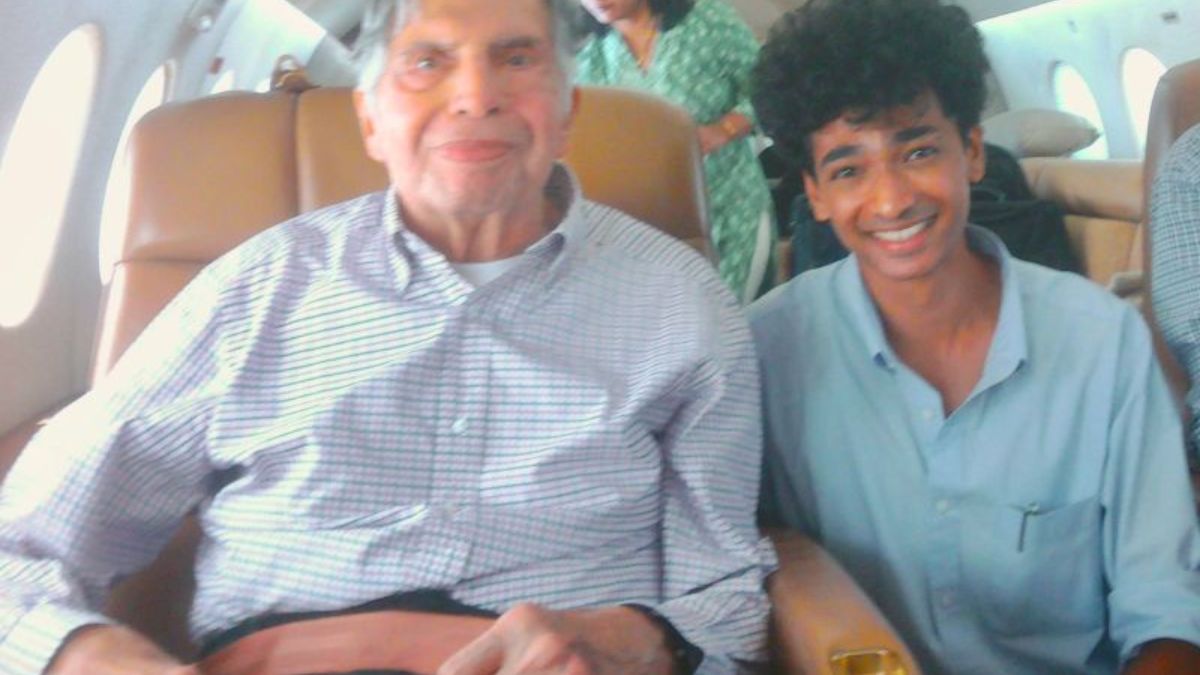)
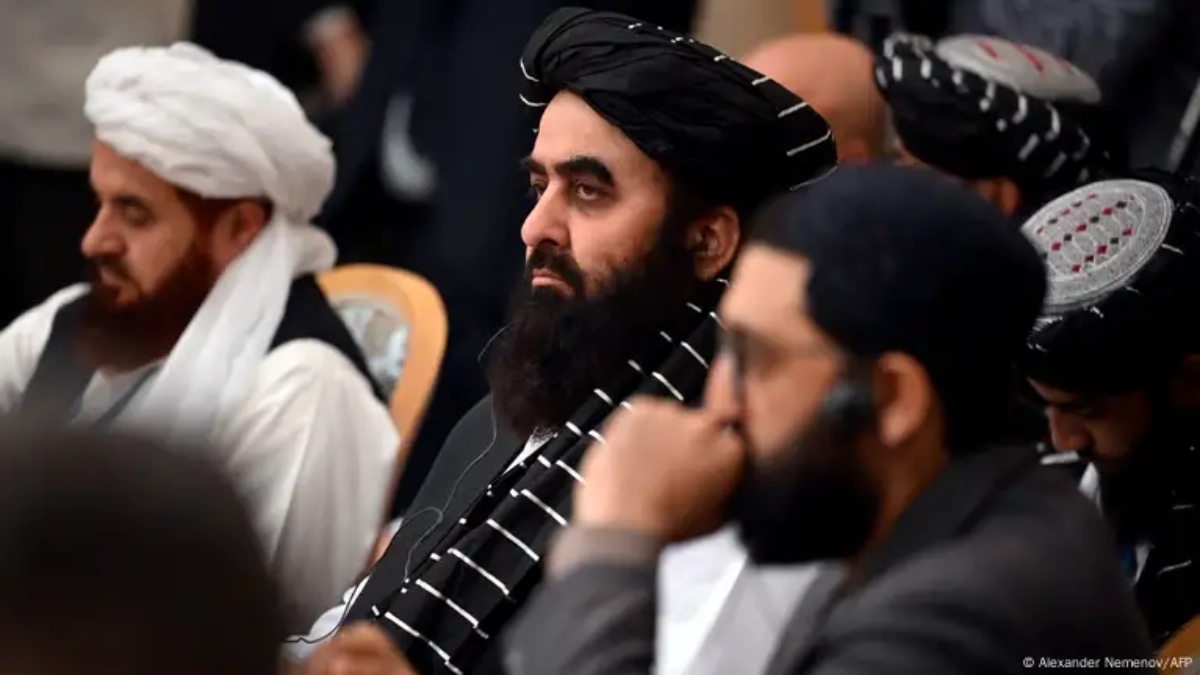)
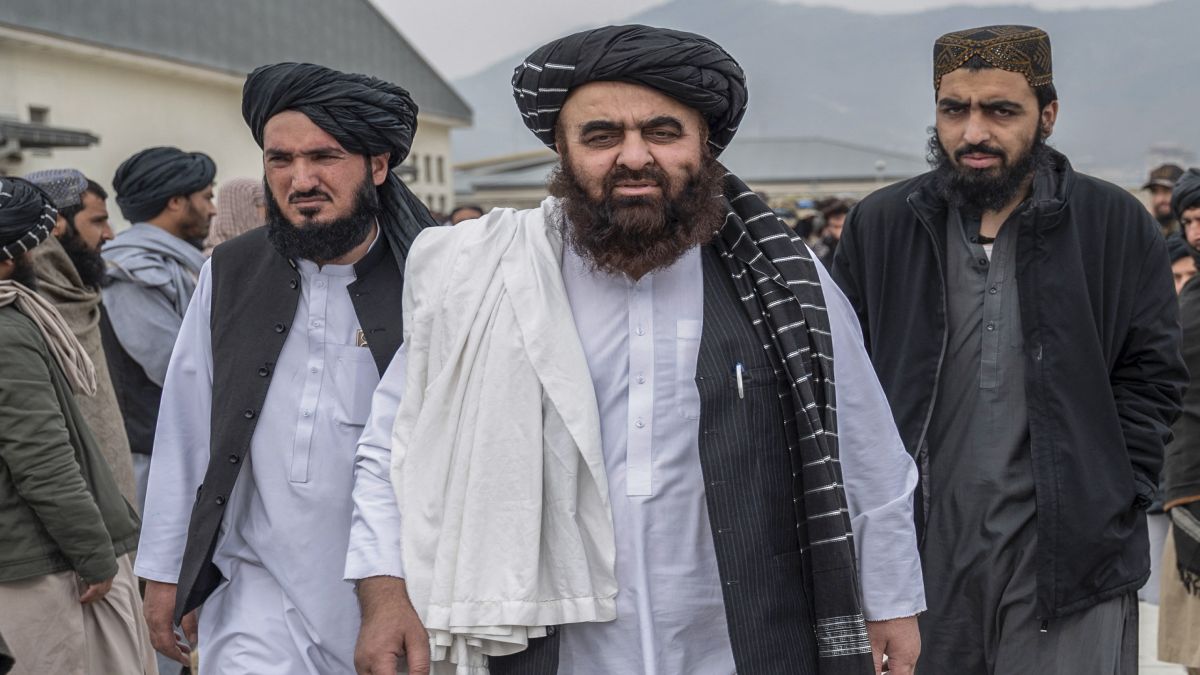)
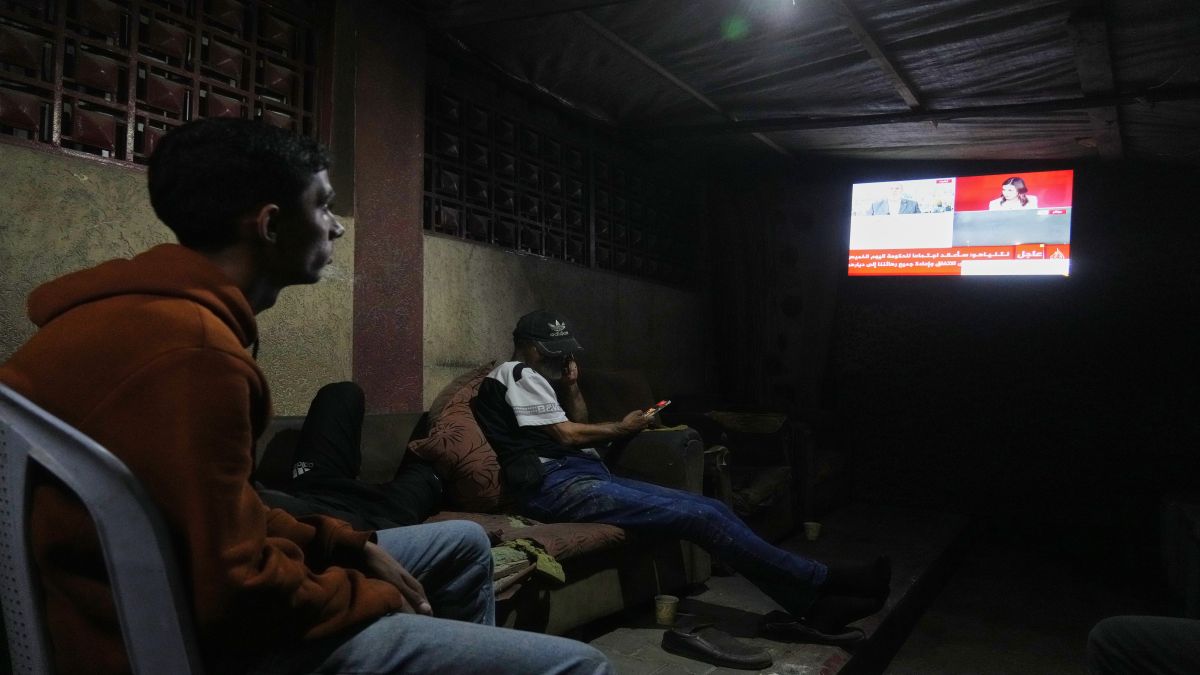)
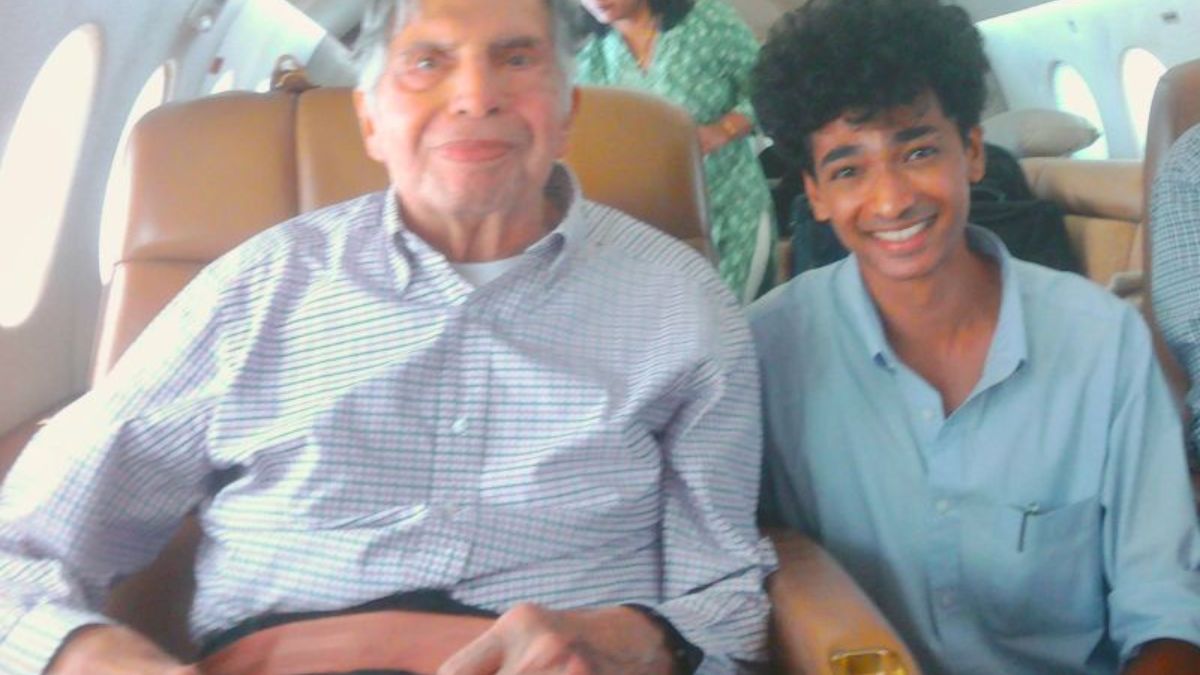)
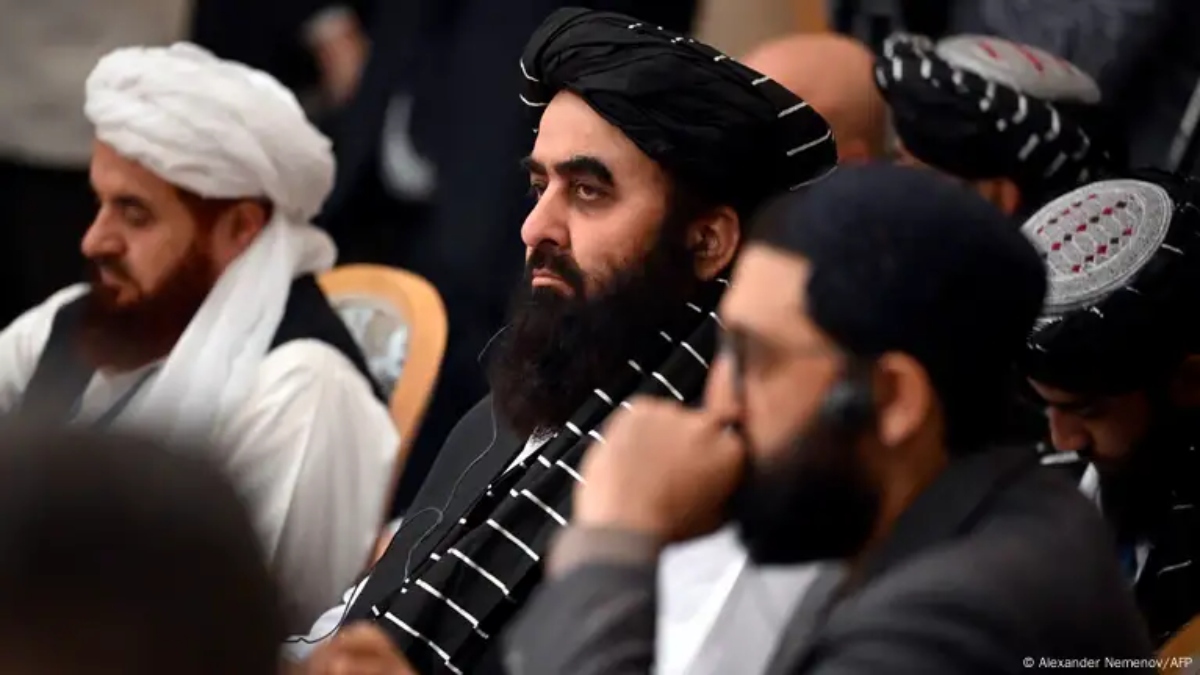)



